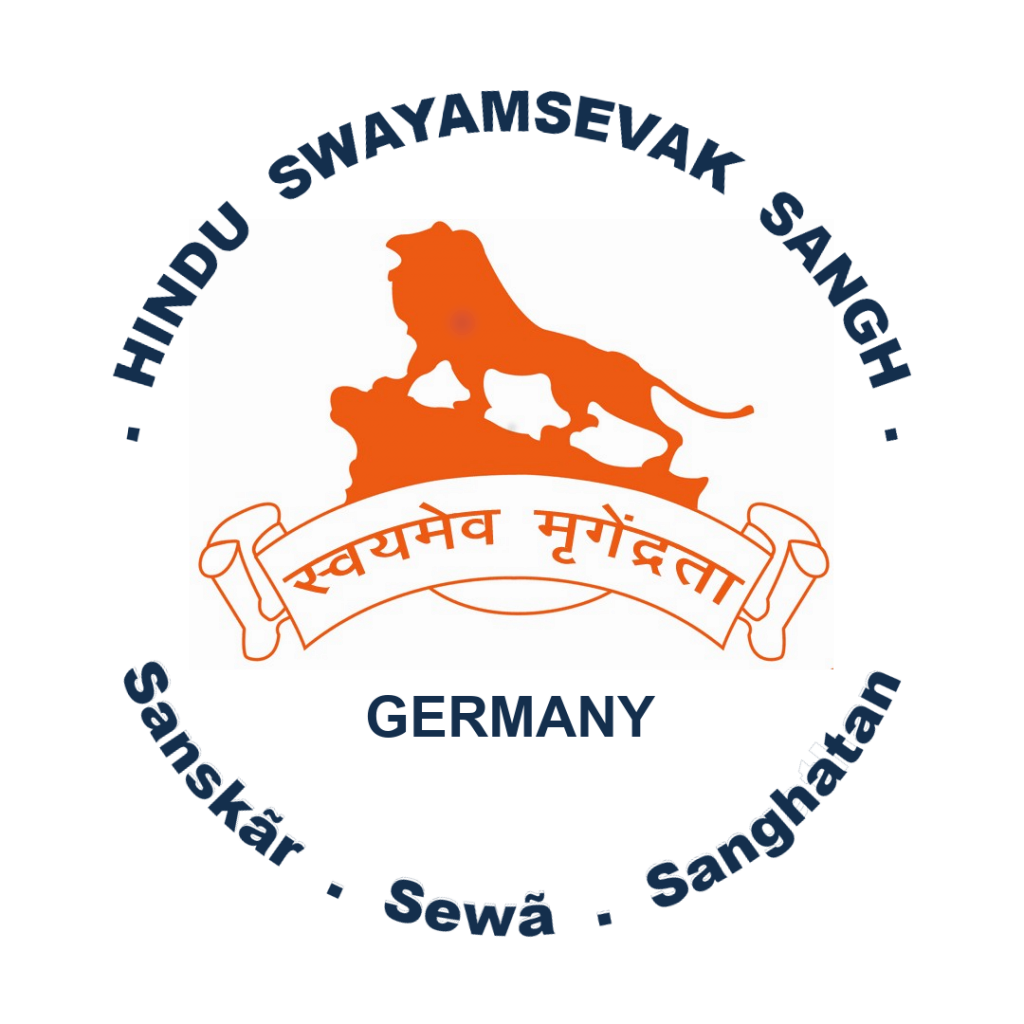यं वैदिका मन्त्रदृशः पुराणाः इन्द्रं यमं मातरिश्वा नमाहुः।
वेदान्तिनो निर्वचनीयमेकम् यं ब्रह्म शब्देन विनिर्दिशन्ति॥
yaṁ vaidikā mantradṛśaḥ purāṇāḥ indraṁ yamaṁ mātariśvā namāhuḥ |
vedāntino nirvacanīyamekam yaṁ brahma śabdena vinirdiśanti ||
Whom (Yam) the Vaidika Mantradrashah (those who have understood the Vedas and to whom the mantras were revealed), the Puranas (stories and history of ancient times) and other sacred scrip¬tures call: Indram (Indra, the God of Gods), Yamam (Yama, the eternal timeless God) and Mātariśvā (present everywhere like air). Whom the Vedāntins (those who follow the philosophy of Vedānta), indicate by the word Brahma as the One (ekam) which cannot be described or explained (Nirvachaniya).
शैवायमीशं शिव इत्यवोचन् यं वैष्णवा विष्णुरिति स्तुवन्ति।
बुद्धस्तथार्हन् इति बौद्ध जैनाः सत् श्री अकालेति च सिख्ख सन्तः॥
śaivāyamīśaṁ śiva ityavocan yaṁ vaiṣṇavā viṣṇuriti stuvanti |
buddhastathārhan iti bauddha jaināḥ sat śrī akāleti ca sikhkha santaḥ ||
Whom the Śaivas call (Avochan) the Omnipotent (Yamisham) Śiva and Vaishnavas praise (stuvanti) as Vishnu, the Buddhists and Jains (Baudhajainaha) respectively call as Buddha and Arhant (without any end), whom the Sikh sages (Sikh-santaha) call Sat Śrī Akāl (the timeless Truth).
शास्तेति केचित् प्रकृतीः कुमारः स्वामीति मातेति पितेति भक्त्या।
यं प्रार्थन्यन्ते जगदीशितारम् स एक एव प्रभुरद्वितीयः॥
śāsteti kecit prakruti kumāraḥ svāmīti māteti piteti bhaktyā |
yaṁ prārthanyante jagadīśitāram sa eka eva prabhuradvitīyaḥ ||
Some (kecit) call Whom as Śāstā, others (katicit) Kumāra, some call It Swāmī (Lord of the Universe and protector of all), some Mātā (divine mother) or Pitā (father). To whom they offer prayers, It (Sa) is the same and the only One (Eka Eva), without a second (advitiyah).
